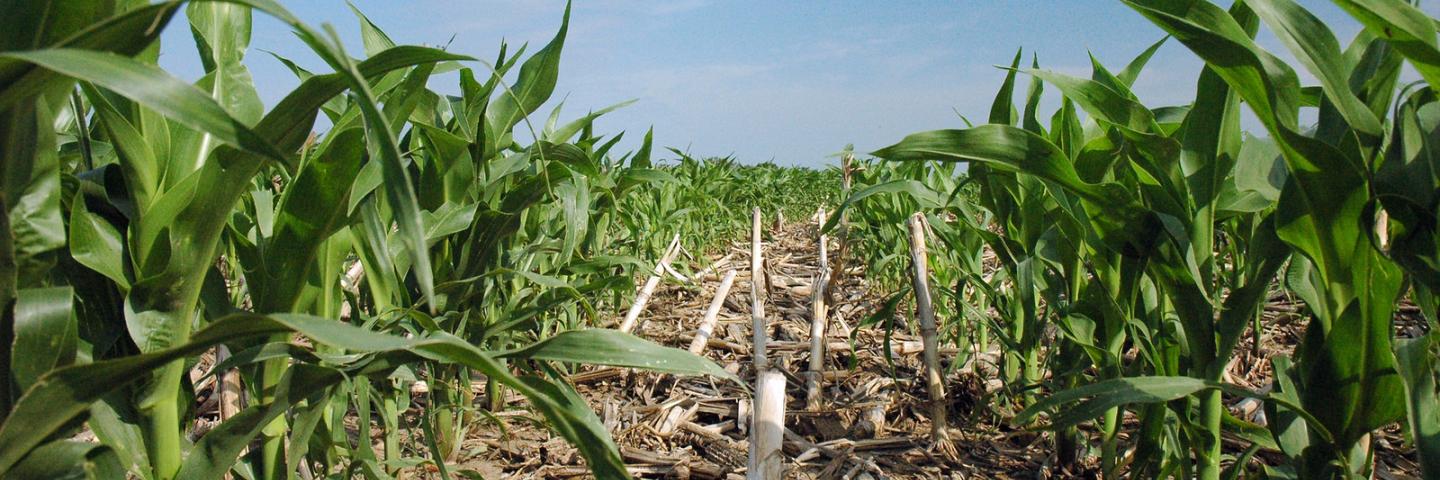
USDA-NRCS in Alabama announces financial assistance opportunities to support Climate Smart Agriculture.
Auburn, Alabama November 28, 2022 – The U.S. Department of Agriculture (USDA) Natural Resources Conservation Service (NRCS) is announcing an expanded opportunity for climate-smart agriculture in 2023. Updates include statewide availability of the Environmental Quality Incentives Program (EQIP) Conservation Incentive Contracts. These improvements to NRCS’ working lands conservation programs, combined with continued program opportunities in Alabama, are part of the Biden-Harris Administration’s broader effort to support climate-smart agriculture.
“Climate change is happening, and America’s agricultural communities are on the frontlines,” NRCS State Conservationist Ben Malone said. “We must continue to support and expand the adoption of conservation approaches to support producers in their work to address the climate crisis and build more resilient operations. We are continuously working to improve our programs to ensure we’re giving Alabama farmers and ranchers the best tools to conserve natural resources.”
Applications will be accepted statewide through Friday, January 6, 2023.
Conservation Incentive Contracts address priority resource concerns, including sequestering carbon and improving soil health in high-priority areas. Through these contracts, NRCS works with producers to strengthen the quality and condition of natural resources on their operations using management practices that target resource concerns including degraded soil condition and soil erosion.
Conservation Incentive Contracts offer producers annual incentive payments to implement management practices as well as conservation evaluation and monitoring activities to help manage, maintain and improve priority natural resource concerns within state high-priority areas and build on existing conservation efforts. Conservation Incentive Contracts last five years.
The focus within Alabama for CIC is to increase the adoption of Cover Crops, Native Warm Season Grasses, Prescribed Grazing, and Residue and Tillage Management on Cropland and Pasture.
Special emphasis participants like socially disadvantaged, limited resource, and beginning farmer and rancher, and eligible military veteran farmers and ranchers are eligible for a higher payment rate. In addition, these historically underserved farmers and ranchers are eligible for a 50 percent advanced payment for purchasing materials or contracting to help with practice implementation in EQIP.
For more information about Alabama NRCS and Programmatic initiatives, priorities and assessment/ranking criteria, visit online at www.nrcs.usda.gov/programs-initiatives/eqip-environmental-quality-incentives/alabama/environmental-quality-incentives. Additionally, visit your local USDA Service Center to determine eligibility; applicants are not eligible for USDA programs until they have ensured all Farm Bill eligibility requirements have been met. You can locate your local Service Center at www.nrcs.usda.gov/contact/find-a-service-center.
#
USDA is an equal opportunity provider, employer and lender. To file a complaint of discrimination, write: USDA, Office of the Assistant Secretary for Civil Rights, Office of Adjudication, 1400 Independence Ave., SW, Washington, DC 20250-9410 or call (866) 632-9992 (Toll-free Customer Service), (800) 877-8339 (Local or Federal relay), (866) 377-8642 (Relay voice users).

